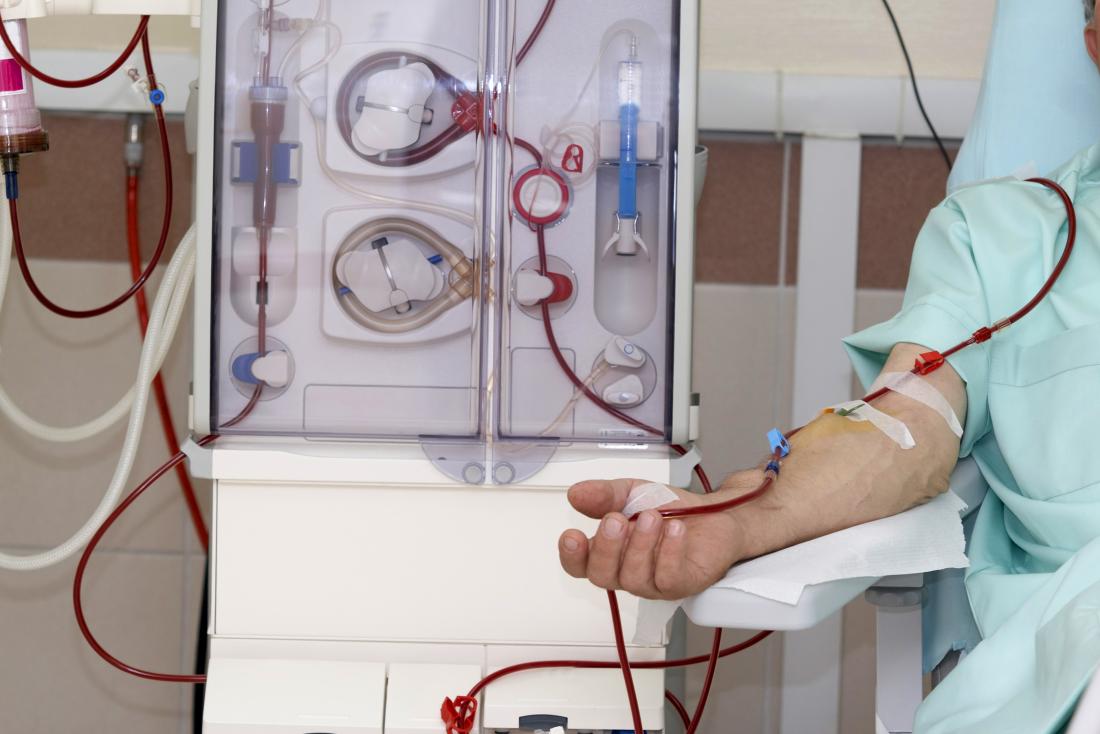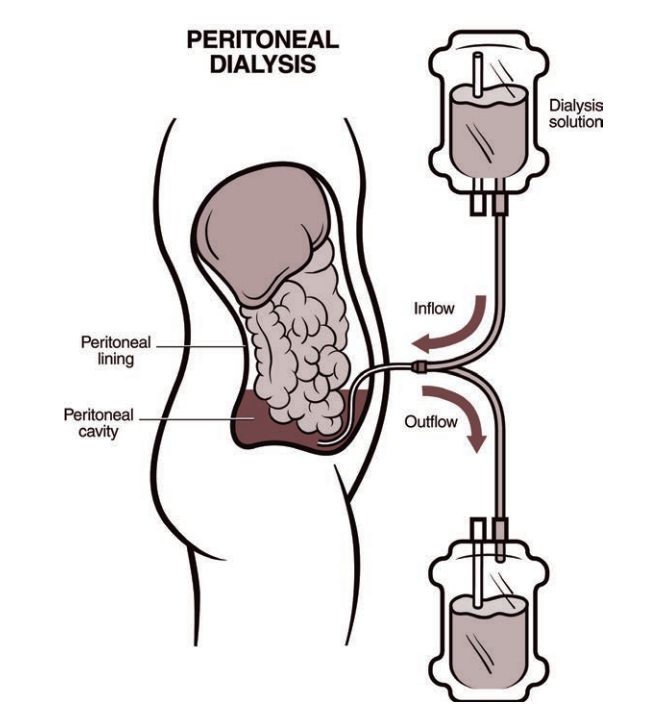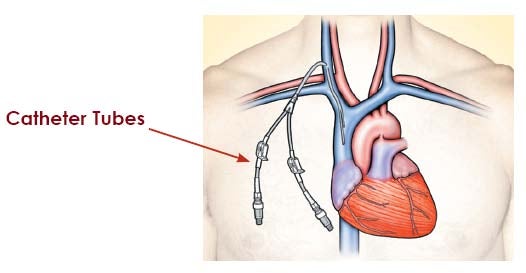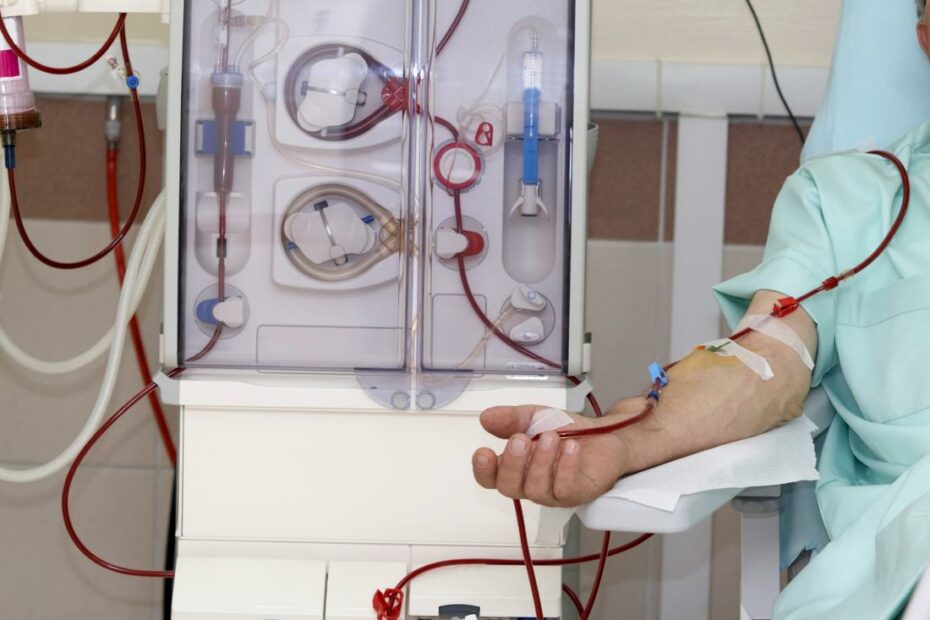Do Patients Feel Better After Dialysis? Exploring The Impact Of Dialysis On Well-Being
How Will I Feel After Dialysis?
Keywords searched by users: Do patients feel better after dialysis dialysis 3 times a week life expectancy, first time dialysis complications, dialysis life expectancy by age, feeling weak after dialysis, what to expect after dialysis, what to eat after dialysis, is dialysis dangerous, is dialysis permanent
Does Dialysis Make You Feel Better Right Away?
Adjusting to dialysis is a process that often takes a few weeks. This period allows individuals to acclimate to the new routine, medications, and treatment sessions. Once dialysis effectively starts removing excess waste and fluids from the body, a noticeable improvement in how you feel should become apparent. This means that while the initial adjustment phase may require some patience, the benefits of dialysis in enhancing overall well-being will gradually become evident.
What Will Happen To The Patient After Dialysis?
After undergoing standard hemodialysis, patients often experience a sense of fatigue or feeling washed out for several hours post-treatment. However, individuals who transition from standard hemodialysis to longer or more frequent sessions typically report significant improvements. They commonly describe feeling more energetic, experiencing reduced nausea, and enjoying better sleep quality. Additionally, many note an overall enhancement in their quality of life as a result of these adjustments in their dialysis regimen. This shift towards longer or more frequent hemodialysis sessions is associated with a notable amelioration in the well-being of patients.
How Serious Is Dialysis 3 Times A Week?
Understanding the Significance of Three Times Weekly Dialysis
When kidney function deteriorates, maintaining the body’s delicate balance becomes a critical concern. To emulate the fluid and toxin elimination capabilities of healthy kidneys, dialysis is employed. However, for a significant number of individuals suffering from kidney-related conditions, the standard thrice-weekly dialysis regimen may fall short in adequately addressing their needs. This inadequacy can have serious implications for their cardiovascular health. To comprehensively grasp this issue, it’s essential to delve into the intricacies of how dialysis frequency impacts heart health.
Dialysis, a life-sustaining medical procedure, aims to replicate the natural functions of healthy kidneys by removing excess fluids and toxins from the bloodstream. When kidneys falter, this therapy becomes essential to maintain a patient’s overall well-being. Nevertheless, the conventional practice of scheduling dialysis sessions three times a week might not suffice for some individuals battling kidney ailments.
This insufficiency can lead to several complications, most notably affecting the heart. The heart plays a pivotal role in the dialysis process, as it assists in pumping blood through the dialysis machine, facilitating the removal of waste and excess fluid. However, when dialysis occurs infrequently, the heart is subjected to additional stress. This added strain can contribute to the development of cardiovascular problems, such as high blood pressure, fluid retention, and an increased risk of heart disease.
Therefore, assessing the adequacy of three times weekly dialysis sessions is a critical consideration in the management of kidney disease. Healthcare providers must carefully evaluate each patient’s unique needs and adjust the dialysis frequency accordingly to ensure that their heart and overall health remain safeguarded.
Discover 26 Do patients feel better after dialysis





:max_bytes(150000):strip_icc()/RENAL_DIALYSIS-56a275235f9b58b7d0cac1e2.jpg)
Categories: Summary 56 Do Patients Feel Better After Dialysis
See more here: muadacsan3mien.com

Dialysis often makes people feel better because it helps clear the waste products that have built up in the blood between treatments. However, some people report feeling tired after dialysis, especially if they have been getting dialysis treatments for a long time.Many people need a few weeks to adjust to dialysis. It takes time to get used to the routine, the medicines and the treatments. Once dialysis is working well to remove extra wastes and fluids, you should begin to feel much better.Standard hemodialysis can make you feel tired or washed out for several hours after each treatment. People who have switched from standard hemodialysis to longer or more frequent hemodialysis report they feel better, with more energy, less nausea, and better sleep. They also may report a better quality of life.
Learn more about the topic Do patients feel better after dialysis.
- Dialysis – Types, effectiveness, side effects
- How Will I Feel on Dialysis? – DaVita
- Hemodialysis – NIDDK
- How Dialysis Frequency and Duration Impact Your Heart Health – NxStage
- All you need to know about Dialysis | Narayana Health
- Frequently Asked Questions about Stopping Dialysis Treatment
See more: blog https://muadacsan3mien.com/category/space-astronomy
